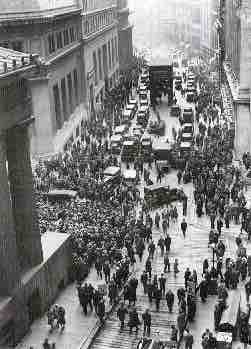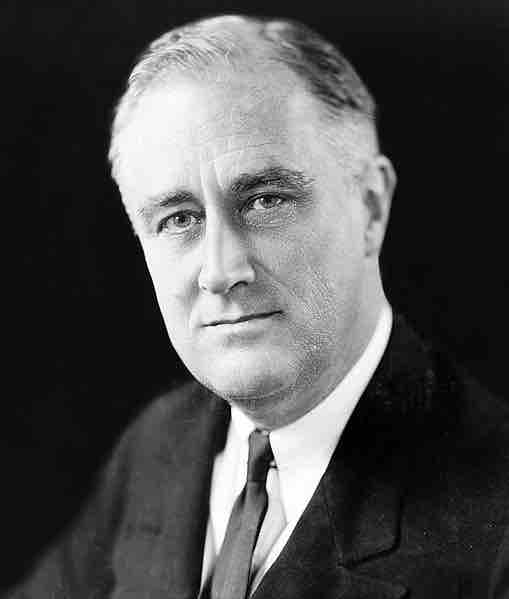Background
Any changes the government makes to the national budget in order to influence a nation's economy is considered fiscal policy. The approach to economic policy in the United States was rather laissez-faire until the Great Depression. The government tried to stay away from economic matters as much as possible and hoped that a balanced budget would be maintained.
Fixed income refers to any type of investment under which the borrower/issuer is obliged to make payments of a fixed amount on a fixed schedule: for example, if the borrower has to pay interest at a fixed rate once a year, and to repay the principal amount on maturity. Fixed-income securities can be contrasted with equity securities, often referred to as stocks and shares, that create no obligation to pay dividends or any other form of income. In order for a company to grow its business, it often must raise money: to finance an acquisition, buy equipment or land or invest in new product development. Governments issue government bonds in their own currency and sovereign bonds in foreign currencies. Local governments issue municipal bonds to finance themselves. Debt issued by government-backed agencies is called an agency bond.
The Great Depression
The Great Depression struck countries in the late 1920s and continued throughout the entire 1930s. It affected some countries more than others, and the effects in the U.S. were detrimental. In 1933, around 25% of all workers were unemployed in America. Many families starved or lost their homes. Some tried traveling to the West to find work, also to no avail. Because of the prolonged recovery of the United States economy and the major changes that the Great Depression forced the government to make, the creation of fiscal policy is often referred to as one of the defining moments in the history of the United States.

Crowds outside the New York Stock Exchange in 1929.
A solemn crowd gathers outside the Stock Exchange after the crash.
Another contributor to changing the role of government in the 1930s was President Franklin Delano Roosevelt. FDR was important because he implicated the New Deal, a program that would offer relief, recovery, and reform to the American nation. In terms of relief, new organizations (such as the Works Progress Administration) saved the lives of many U.S. citizens. The reform aspect was indeed the most influential in the New Deal, as it forever changed the role of government in the U.S. economy.

FDR
FDR's "New Deal" policies were based on the principle of government intervention and regulation of the economy.
World War II and Effects
World War II forced the government to run huge deficits, or spend more than they were generating economically, in order to keep up with all of the production the U.S. military needed. By running deficits, the economy recovered, and America rebounded from its drought of unemployment. The military strategy of full employment had a huge benefit: the government's massive deficits were used to pay for the war, and ended the Great Depression. This phenomenon set the standard and showed just how necessary it was for the government to play an active role in fiscal policy.
Modern Fiscal Policy
In 1971, at Bretton Woods, the U.S. went off the gold standard, allowing the dollar to float. Shortly after that, OPEC pegged the price of oil to gold rather than the dollar. The 70s were marked by oil shocks, recessions, and inflation in the U.S.
In late 2007 to early 2008, the economy would enter a particularly bad recession as a result of high oil and food prices, and a substantial credit crisis leading to the bankruptcy and eventual federal takeover of certain large and well-established mortgage providers. In an attempt to fix these economic problems, the United States federal government passed a series of costly economic stimulus and bailout packages. As a result of this, the deficit would increase to $455 billion and is projected to continue to increase dramatically for years to come, due in part to both the severity of the current recession and the high spending fiscal policy the federal government has adopted to help combat the nation's economic woes.